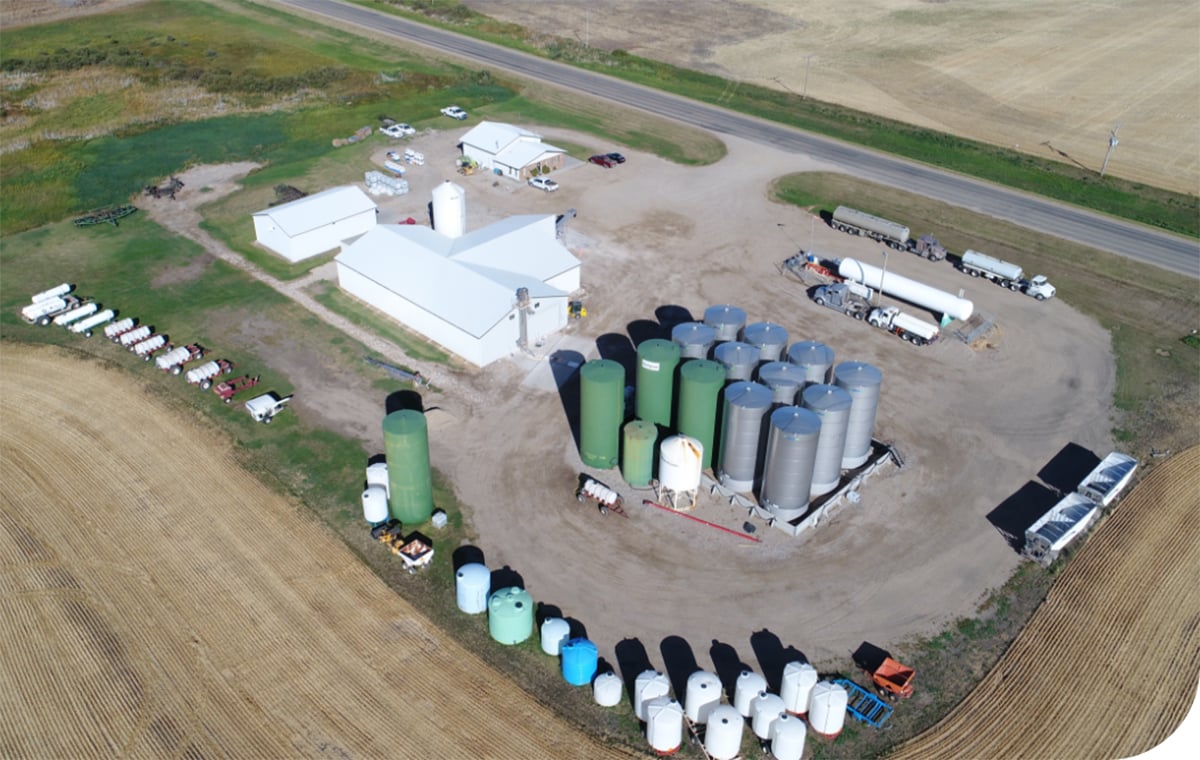Opposition Liberal MPs warned last week that the Conservative government’s determination to end the Canadian Wheat Board monopoly will have a consequence for the government’s support of supply management, a politically potent issue east of Manitoba.
However, the party didn’t seem unified on what the impact would be.
Liberal agriculture critic Wayne Easter, a former dairy farmer from Prince Edward Island, warned that by indicating it will act on a campaign promise to move on the CWB file, the federal government is signaling that at World Trade Organization negotiations it will be weak in defending single desk selling, including supply management.
Read Also

Saskatchewan Co-ops to acquire Blair’s locations
Blair’s Family of Companies will be turning over the operation of six ag retail locations in Saskatchewan to local Co-ops
On July 21, Easter demanded that agriculture minister Chuck Strahl retreat from his support of the process to find ways to end the CWB monopoly, beginning with a July 27 Saskatoon meeting with lobbyists who want to see the board mandate changed.
“If the minister does not (disconnect from the meeting), our trade competitors targeting supply management will have every reason to suspect that if the Conservative government is prepared to undermine the Canadian Wheat Board without a mandate from farmers, they might with pressure be prepared to further limit their support for our supply management commodities,” he said.
Liberal House leader Ralph Goodale, who represents a Regina riding in the heart of the Prairies and was the minister who changed the CWB Act in the late 1990s to require a farmer vote on any CWB mandate change, suggested the opposite.
In an interview July 19, he suggested the Conservative government will give away the CWB monopoly at future WTO talks in return for American agreement to reduce pressure on supply management.
“That way, they could say the WTO devil made me do it and then concentrate on saving supply management, which they could sell in the East,” said Goodale.
“That raises the awful spectre of the government pitting one sector and one region against another, something no government should do.”
The former agriculture minister predicted the Conservatives will claim that while farmers affected by supply management were adamant that their system be preserved, most farmers affected by the CWB “really didn’t care all that much” about the monopoly.
“For those who want the wheat board, the time has come to stand and fight,” said Goodale.
He said the Conservatives will have no choice but to bring their proposed CWB changes to Parliament, as required by amendments to the CWB Act the Liberals enacted in the late 1990s.
Both he and New Democratic Party agriculture critic Alex Atamanenko insisted the Conservatives cannot claim their minority win in the Jan. 23 election was a mandate to end the wheat board monopoly.
“It was not in any way, shape or form a surrogate for a vote on the wheat board,” said Goodale.
Atamanenko said farmers are “dismayed and angry” at what they see as Conservative manipulation to undermine the board without promising to give farmers a vote.
















